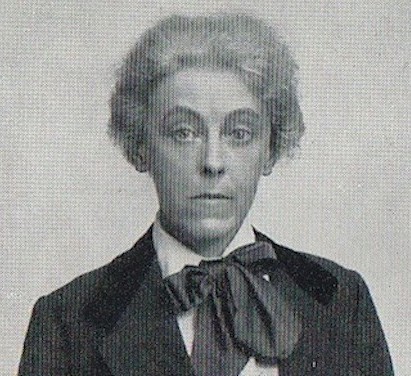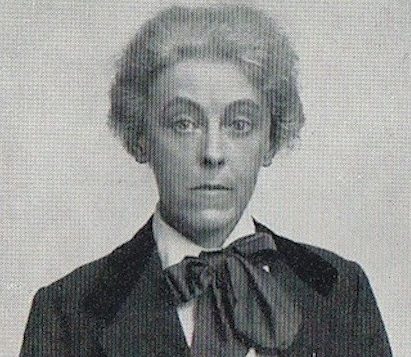FEAR of her same-sex desires stalked poet Charlotte Mew’s life and haunted her work. She feared that such desire was just another symptom of the family legacy of madness, which she feared even more. On March 24, 1928, afraid that she was succumbing to this trait, she drank Lysol from a cheap brown bottle, ending her own life in a brutally efficient way.
I’ve loved Charlotte Mew’s poetry ever since I stumbled across a copy of her first volume as a teenager. Her words spoke to me in a way I’d never experienced before. The Farmer’s Bride, her first published work, is a slim, brown volume of seventeen poems published in 1916. The title poem is a heart-wrenching verse in the voice of a farmer who loves his young wife but laments that she is unable to give herself to him either emotionally or physically. It’s easy to read in Mew’s passionate verse her own longing for the bride: “The soft young down of her, the brown,/ The brown of her—her eyes, her hair, her hair!” The farmer is both lamenting and wondering how long he can continue without raping his wife. He is helpless, he says, in the face of such beauty and desire.

Charlotte Mew was born in London in 1869, the daughter of architect Frederick Mew and Anne Kendall. She had been aware of the need for secrecy and suppression right from the start.
Rebecca Batley, a historian and writer, has a particular interest in the art of the late 19th and early 20th centuries.







